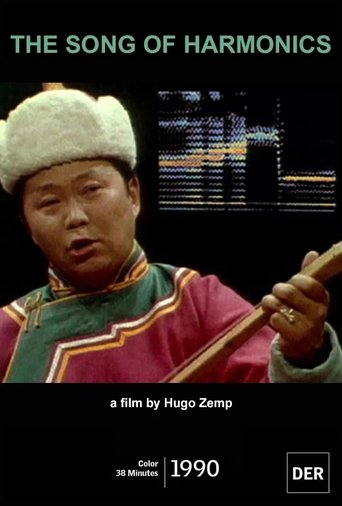
In the practice of overtone singing (called also bi-phonic singing), whose best-known examples can be found in Mongolia and with the Tuva people of Southern Siberia, a single person sings what the audience perceives as two voices at the same time: a low pitch with his vocal cords, and in addition, a high-pitched melody using harmonics (overtones) selected by modifying the volume of the mouth cavity. This documentary is not an ethnography filmed in location. It is partly an illustration of the results of former research, partly the very actual investigation on overtone singing carried out in Paris, in the Ethnomusicology Department of the Musée de l'Homme, during a workshop, during a concert of the Mongolian National Ensemble, and in the medical visualization department of a hospital.
| Title | The Song of Harmonics |
|---|---|
| Year | 1990 |
| Genre | Documentary |
| Country | |
| Studio | |
| Cast | |
| Crew | Hugo Zemp (Director) |
| Keyword | |
| Release | Jan 01, 1990 |
| Runtime | 38 minutes |
| Quality | HD |
| IMDb | 0.00 / 10 by 0 users |
 4K
4K 4K
4K 4K
4K











